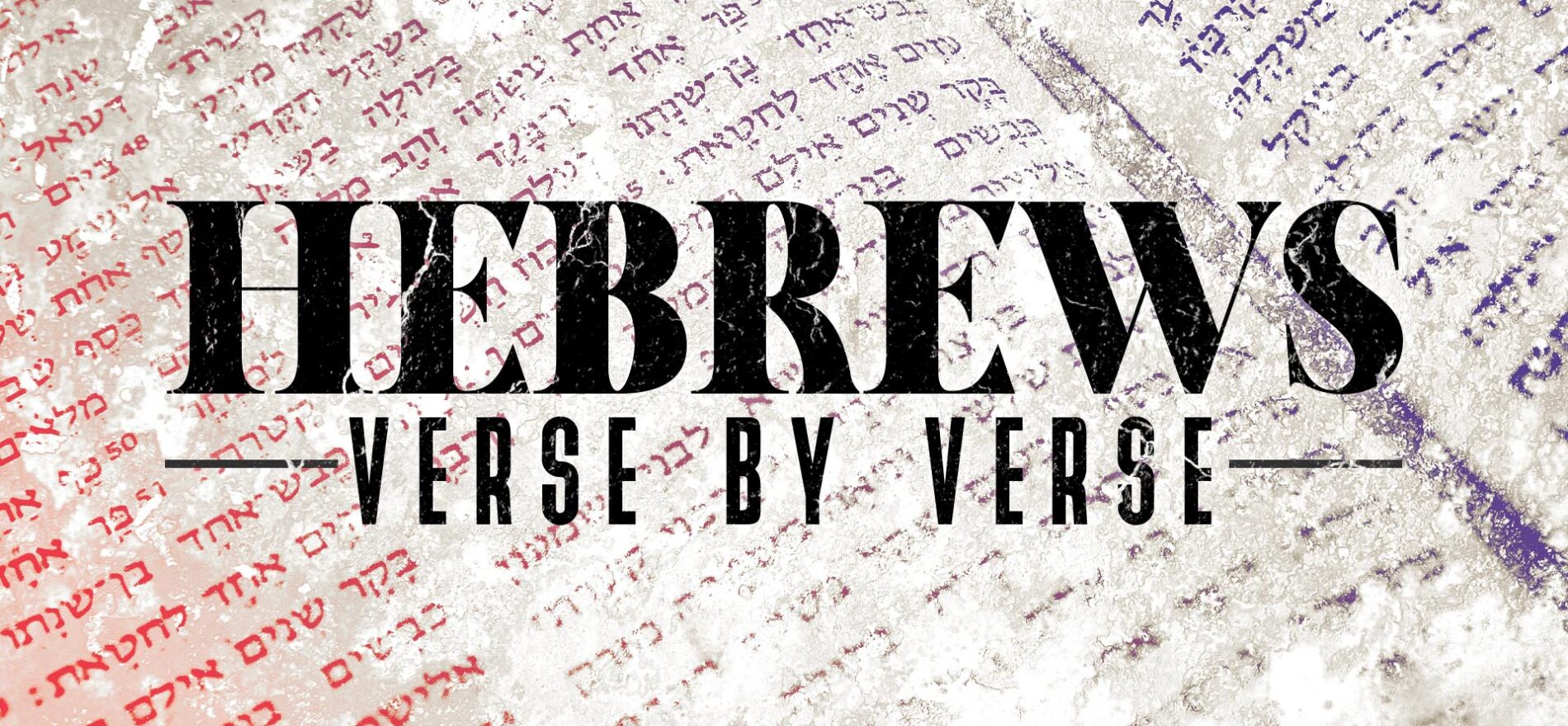Full assurance is hard to come by. With the advent of Chat GPT, deep-fakes, and, broadly speaking, artificial intelligence in general, comes deep erosion of what little trust might have remained in news institutions and government. If you can no longer know whether a video of the President is authentic, then all is lost in terms of any assurance that we can believe what we hear and see. It’s a recipe for disaster, and were it not for the LORD’s restraining hand in human affairs, we would very soon annihilate ourselves. But let’s be real. Since the fall of Adam and Eve, humans have never been completely trustworthy. Why do we make promises and swear oaths to each other? Because we want to assure the other person that we aren’t lying and can be trusted. The fact that promise and oath are in our vocabulary means that we have a core integrity problem. If we could innately be trusted, the concept of a promise or oath wouldn’t exist.
The author concludes chapter six highlighting that the LORD cannot lie. He has no core integrity problems and is alway faithful to do what He says He’ll do. Yet, for our sake He makes promises. Why? It’s about Him doing things for us that make Him relatable. Remember, we are the ones with trust issues, so we’re the ones who need assurances. In the last article, we looked a little bit into what it meant to have full assurance. One of the final things stated was that full assurance is linked to comprehensive growth. In the verses we’re examining today the author shows us the roots of our full assurance: God’s double promise.
13 For when God made a promise to Abraham, since he had no one greater by whom to swear, he swore by himself, 14 saying, “Surely I will bless you and multiply you.” 15 And thus Abraham, having patiently waited, obtained the promise. 16 For people swear by something greater than themselves, and in all their disputes an oath is final for confirmation. 17 So when God desired to show more convincingly to the heirs of the promise the unchangeable character of his purpose, he guaranteed it with an oath,
– Hebrews 6:13-17 (ESV)
Why the callback to Abraham and how is it connected to the full assurance of our faith? The author is being consistent with his callbacks to Melchizedek. Both men lived prior to the giving of the Law. Both men served the LORD faithfully in a time before there were laws for ceremonial purity. The full assurance of our faith isn’t connected to the Law. It’s connected to God’s promise! And what is that promise?
15 And the angel of the LORD called to Abraham a second time from heaven 16 and said, “By myself I have sworn, declares the LORD, because you have done this and have not withheld your son, your only son, 17 I will surely bless you, and I will surely multiply your offspring as the stars of heaven and as the sand that is on the seashore. And your offspring shall possess the gate of his enemies, 18 and in your offspring shall all the nations of the earth be blessed, because you have obeyed my voice.”
– Genesis 22:15-18 (ESV)
There’s something to consider here. God made this promise to Abraham multiple times before this moment (Genesis 12:2-3, 15:5-6). Isaac was the promised son, so this scene comes after the LORD commanded Abraham to sacrifice him – in seeming opposition to everything that the LORD had previously promised. If you know the story, Abraham followed through, and was about to plunge the knife into his promised son when the LORD stopped him. This whole thing was a test to see if Abraham truly trusted in God’s promises. So the LORD added an oath to His promise. “By myself I have sworn.” He promised to keep His promise. Why the double promise? Well, humanly speaking, Abraham had just endured the most difficult moment of his life, so the LORD took this oath for his reassurance. Did that mean is original promise wasn’t good enough? By no means! But the LORD is full of compassion and recognized Abraham’s need for reassurance.
Notice. The double promise isn’t linked to anything except Abraham’s belief. You might object and say that Abraham’s obedience to sacrifice Issac was a work, and therefore the LORD’s promise was tied to Abraham’s works. However, that’s not how the author of Hebrews understood it. He made that clear later in his sermon/letter:
19 He considered that God was able even to raise him from the dead, from which, figuratively speaking, he did receive him back.
– Hebrews 7:19 (ESV)
Abraham’s works were preceded by faith in God. He wasn’t sacrificing Isaac to get the LORD’s favor. He had the LORD’s favor and reasoned that because the LORD favored him, He would keep His promise by resurrecting Isaac from the dead. Do you see the difference? One point of view works and labors for favored status, and the other understands that favored status has already been given. One is the position of a slave, the other a son. Full assurance of faith is only available for sons. Slaves never have assurance because all things are tied to how well they perform.
This is the lesson these Hebrew believers needed to understand. Returning to the Law for sanctifying righteousness could mean that you’re still a slave. Why is this such a temptation? Beyond the whole issue of because this is how we’ve always done things, at the core of this desire to work for righteousness is a frail human weakness. We don’t like being indebted. The thought that someone else’s work grants me righteousness is an offensive idea. It nullifies us. It makes us feel as if we’re unsuccessful or somehow unable and unworthy. Children like gifts, but grown-ups are supposed to be more refined. We put on this, oh you didn’t have to do that, kind of front. For those who have learned how to graciously receive, that statement is a pleasantry, and not much more. But some people really mean it and get upset when they receive gifts.
Perhaps this is part of having child-like faith. If you’re going to be in God’s family, you better learn how receive gifts with gratitude.
So, Abraham’s obedience was rooted in his already-favored status, not some work-for-favor scheme. He believed in what God had already promised and let that be the catalyst for his obedience. And the LORD faithfully responded to Abraham’s obedience with an oath, or a second promise. I hope the connection is obvious to you by now. Our faith rests securely in God’s promise – a promise He promised to keep – not by any works of the Law. On top of that, your desire to follow the Law of the LORD springs from gratitude for His double promise. Why wouldn’t you want to walk in loving obedience to One who would save wretched people like us?
18 so that by two unchangeable things, in which it is impossible for God to lie, we who have fled for refuge might have strong encouragement to hold fast to the hope set before us.
– Hebrews 6:18 (ESV)
To be perfectly honest, I had to reread this passage a few times before the identity of the two unchangeable things dawned up on me. But the two unchangeable things are His promise and His oath. The promise to bless Abraham and multiply his offspring in Isaac, and the oath to keep that promise. This double promise are the foundation of our confidence and gives us strong encouragement to hold fast to the hope set before us.
Before I move on to the last two verses, look at the middle of this verse: it is impossible for God to lie. Once God makes a promise, He is bound by His own holy character to keep that promise. At the most fundamental level, God is truth. When He speaks, truth is His native language. This reality is central to our confidence in His double promise. If God could lie, everything He said could be held in suspicion. We would never have any assurance that we are in His good graces, if He can lie. Other religions worship gods who can lie when it’s convenient for their plans. Their followers live in constant fear, partly because they can never know for sure if they’ve pleased their gods.
Not so for the LORD. YHWH, our God, cannot and does not lie. He keeps His word. In this, our confidence in Him can be unlimited. The only limits to our confidence lies in our unbelief. We should all cry out, as the father of a demonized son once did, “I believe! Help my unbelief!”
19 We have this as a sure and steadfast anchor of the soul, a hope that enters into the inner place behind the curtain, 20 where Jesus has gone as a forerunner on our behalf, having become a high priest forever after the order of Melchizedek.
– Hebrews 6:19-20 (ESV)
With these verses, the author gently reopened his teaching about Christ’s high priesthood. Within these verses stands another promise. The promise that we will see our God, face to face. The author says that the double promise of God is our sure and steadfast anchor for our souls, but then continues with a third promise. Jesus, the Son of Man, has entered into the inner place behind the curtain as a forerunner. In the Tabernacle/Temple, the Ark of the Covenant was where God’s manifest presence dwelled. It was in a room at the heart of the temple complex that was shut off with a curtain. Only the high priest would enter that room, once a year, to offer blood atonement for the sins of the nation. Jesus, the Son of Man, our great High Priest has entered the presence of God on our behalf as a forerunner. I keep saying Son of Man (though the author did not) because it’s important that He has entered as a human.
Why? Because as a forerunner, it means that He has gone first, and we will follow. And this is, if you will, the third promise in this text. Because He is a priest in the order of Melchizedek, we are priests in the order of Melchizedek, and as priests, we too will enter the manifest presence of God, fully human, as Jesus is.
That excites me.














A very beautiful, detailed article; tender and full of hope and kindness. I was glad to read it.